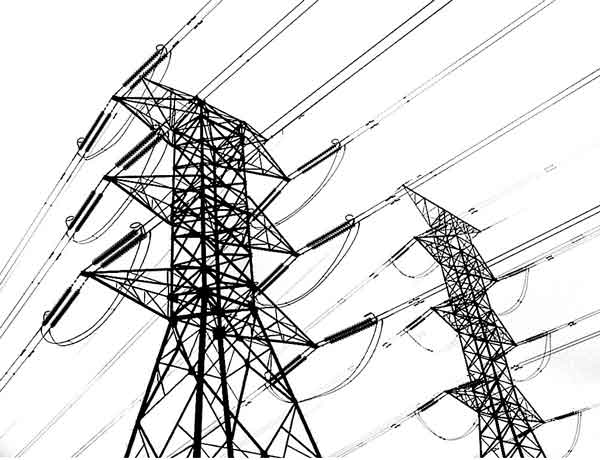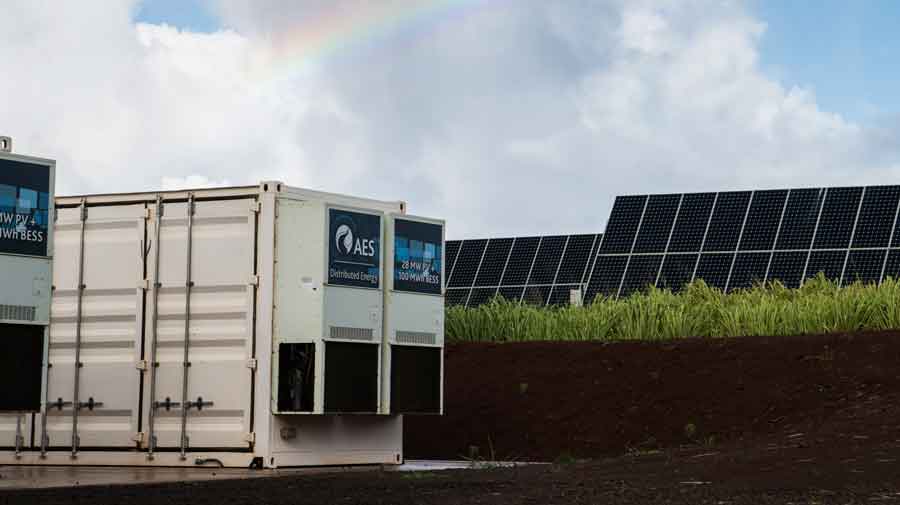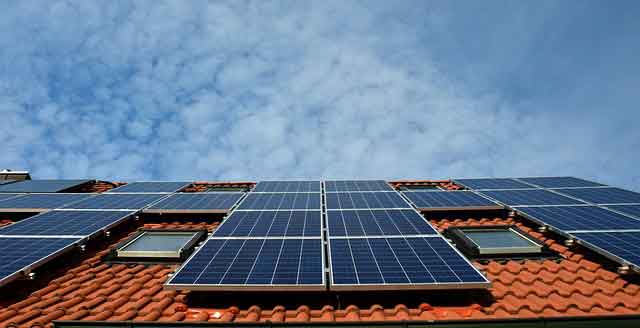Appalachian Power rate increase approved
By Roanoke Times
CSA Z463 Electrical Maintenance -
Our customized live online or in‑person group training can be delivered to your staff at your location.

- Live Online
- 6 hours Instructor-led
- Group Training Available
However, the utility calculates that the actual base rate increase for an average residential customer will be about 17 percent.
Thus, a customer who uses 1,000 kilowatt hours of electricity pays about $77.42 per month now and will pay about $90.58 a month with a 17 percent increase.
John Shepelwich, a spokesman for Appalachian, said the utility could not reach SCC officials for confirmation but believes the announced increase of 19.3 percent does not consider revenue that the utility is receiving from a fuel factor rate increase in September.
Instead, Shepelwich said, the 19.3 percent increase reflects the $208 million in new annual revenues Appalachian sought when it first applied in May for a rate increase. In October, the utility agreed to a base rate settlement designed to increase revenues by $168 million.
SCC spokesman Andy Farmer, reached after work, said he did not have case details at hand and could not comment.
Meanwhile, the good news for customers is that the approved increase is less than the interim increase of about 22 percent Appalachian started charging customers October 28 and less than the 24 percent it initially sought in May. And customers will receive in a few months credits on their bills reflecting the difference between the 22 percent and 17 percent increases.
Irene Leech is a professor of consumer affairs at Virginia Tech and president of the Virginia Citizens Consumer Council. She said Appalachian has been due a rate increase for some time and understands that its customers have long benefited from comparatively cheap electricity.
Still, she said, an increase of 17 percent or more is going to hurt households already struggling with increasing costs for basic necessities.
"Admittedly, rates have been low, but it's really tough for people when all of this comes down right at the holidays," Leech said. "And, all of a sudden, it's turned cold."
Last month, Mary Martin of Martinsville told SCC commissioners how a significant rate increase would intensify the burdens already affecting households in Henry County and Martinsville, communities hard hit by manufacturing layoffs.
Martin said she was deeply disappointed by the SCC's order.
"It's going to place an enormous burden on everyone in Henry County," Martin said.
People will be unable to pay their bills and will lose their power, she said.
"That's the cold reality of it," Martin said.
Todd Burns, an Appalachian spokesman, said shut-offs of customers' electricity have increased this year, a trend he believes is related to the slowing economy. But he said disconnecting a customer's power is a last resort.
Utility officials have said they know it's a bad time to increase customers' electric bills.
Shepelwich said that the company is grateful for the increase.
"We're pleased. We think it will get us back into a healthier financial position," he said.
SCC regulations allow the utility to recover costs for mandated environmental improvements and other measures. Appalachian has said it is in a precarious financial condition in Virginia and needed to increase revenues.











